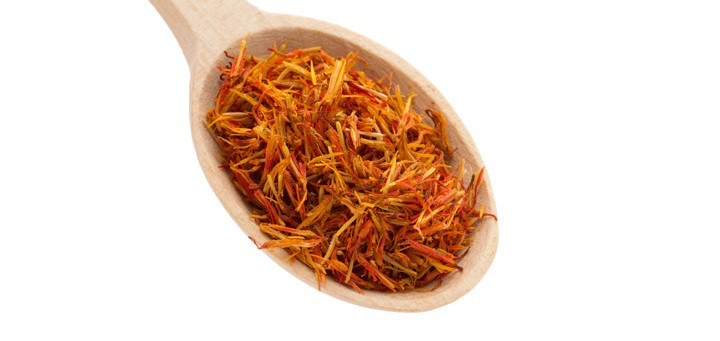
Truly Deeply Madly
Five Flavours to use sparingly
December, 2015
Flavour is definitely a matter of taste. But there are some basic rules for avoiding too much of a good thing. Here are our suggestions for five amazing flavours to use sparingly.
Tamarind Pulp — Sweet but tart, a little tamarind goes a long way. To mellow out the intense flavour of it on its own, mix the pulp with a little sugar, or use it as a base for chutneys, soups, stews and marinades. If you’re new to tamarind and don’t think you’ve ever tasted it, think again. It’s one of the ingredients in Worcestershire sauce.
Truffle Oil — Although this oil is infused with the intense aroma and flavour of white or black truffles, it often doesn’t contain actual truffles. The taste comes from a chemical compound that closely resembles truffle flavouring (still delicious). The key to using the right amount is to treat it as a finishing oil rather than as a cooking oil. Even then, use it sparingly. Drizzle it over soup, seared fish or add a few drops to a vinaigrette.
Cloves — In the right amount, the warming bite that cloves impart is a thing of perfection. But too much can leave a numbing feeling in your mouth and an antiseptic taste reminiscent of dental work. The key to using it? Follow your recipes. Never bump up the measurement the way you would cinnamon or vanilla. To enjoy that clove taste more often, reach for some garam masala or Chinese five spice. Both contain cloves.
Dark Sesame Oil — There are two types of sesame oil: light (made by pressing raw seeds) and dark (made from hulled seeds that have been toasted prior to pressing). It’s the dark oil you’re looking for if you’re after that distinctly nutty and musky undertone in Chinese or Korean noodles and stir-fries. Adding too much, however, will tip that nutty flavour over to the bitter and charred side. The trick is to use it as a seasoning toward the middle or end of cooking rather than as a cooking oil.
Saffron — Aside from being one of the most expensive spices in the world, a single thread of saffron can completely transform the colour and flavour of an entire dish. As you likely know, saffron has an earthy and musky-yet-delicate flavour profile in small amounts. Too much, however, can give a medicinal flavour to a meal and create a musky smell that can overpower your nose and taste buds. t8n











